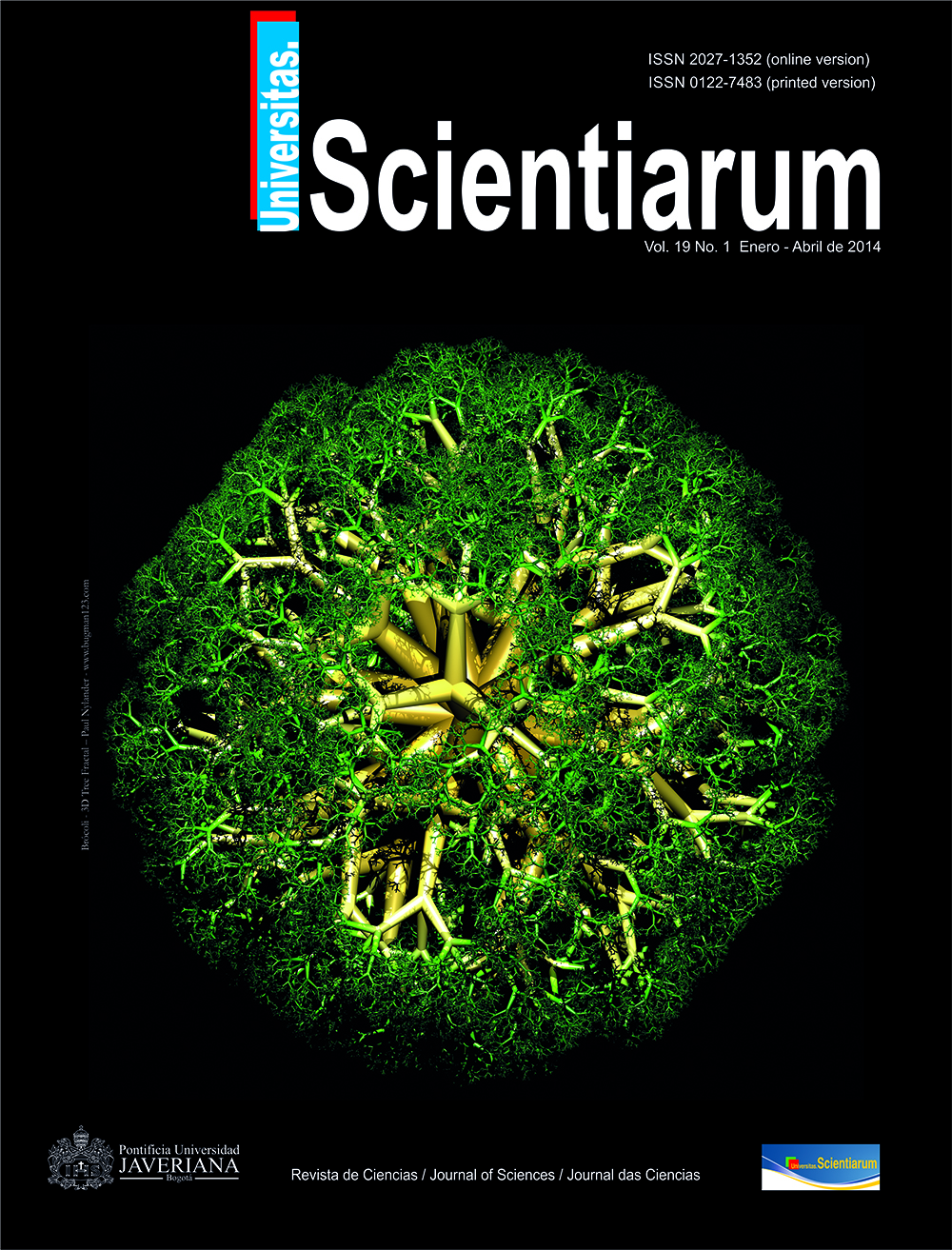Abstract
Floriculture is a vital agro-industrial sector in the Colombian economy; the export of flowers positively impacts employment and the balance of trade. However, this industry could negatively impact the environment if its waste products are not handled properly. These flower residues, rich in lignin, hemicellulose and cellulose, could be a cost-effective raw material to produce enzymes. Here, we evaluate the production of lignocellulolytic enzymes by degradation of Chrysanthemum and Rosa residues using Pleurotus ostreatus, and manganese sulfate and copper sulfate as inductors. From the two residues, we obtained laccase, manganese peroxidase, endoglucanase, exoglucanase, and β-glucosidase. The use of inductors, favored all enzyme activities except for β-glucosidase. The enzymes that displayed the highest activity were laccase (4,693.4 U/L and 2,640 U/L from the residues of Chrysanthemum and Rosa, respectively) and β-glucosidase (9,513 U/L and 6,811.9 U/L). The enzyme that showed the lowest activity was endoglucanase (11.5 U/L and 15.4 U/L). Under the conditions evaluated, the best substrate for enzyme production is Chrysanthemum wastes; the extracts obtained had higher enzymatic activity than the extracts from Rosa residues.Univ. Sci. is registered under a Creative Commons Attribution 4.0 International Public License. Thus, this work may be reproduced, distributed, and publicly shared in digital format, as long as the names of the authors and Pontificia Universidad Javeriana are acknowledged. Others are allowed to quote, adapt, transform, auto-archive, republish, and create based on this material, for any purpose (even commercial ones), provided the authorship is duly acknowledged, a link to the original work is provided, and it is specified if changes have been made. Pontificia Universidad Javeriana does not hold the rights of published works and the authors are solely responsible for the contents of their works; they keep the moral, intellectual, privacy, and publicity rights. Approving the intervention of the work (review, copy-editing, translation, layout) and the following outreach, are granted through an use license and not through an assignment of rights. This means the journal and Pontificia Universidad Javeriana cannot be held responsible for any ethical malpractice by the authors. As a consequence of the protection granted by the use license, the journal is not required to publish recantations or modify information already published, unless the errata stems from the editorial management process. Publishing contents in this journal does not generate royalties for contributors.



